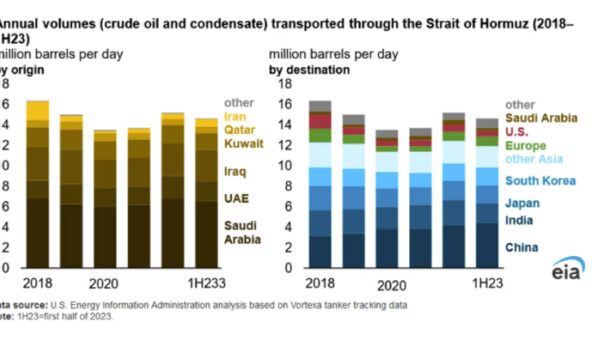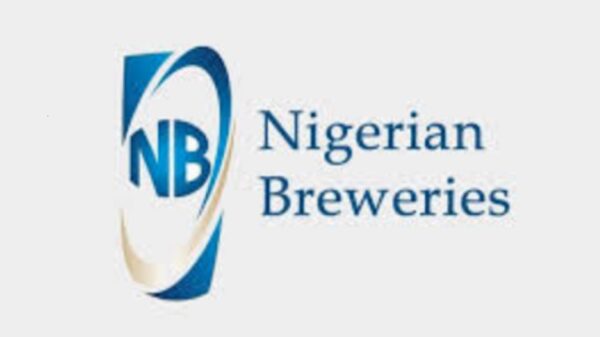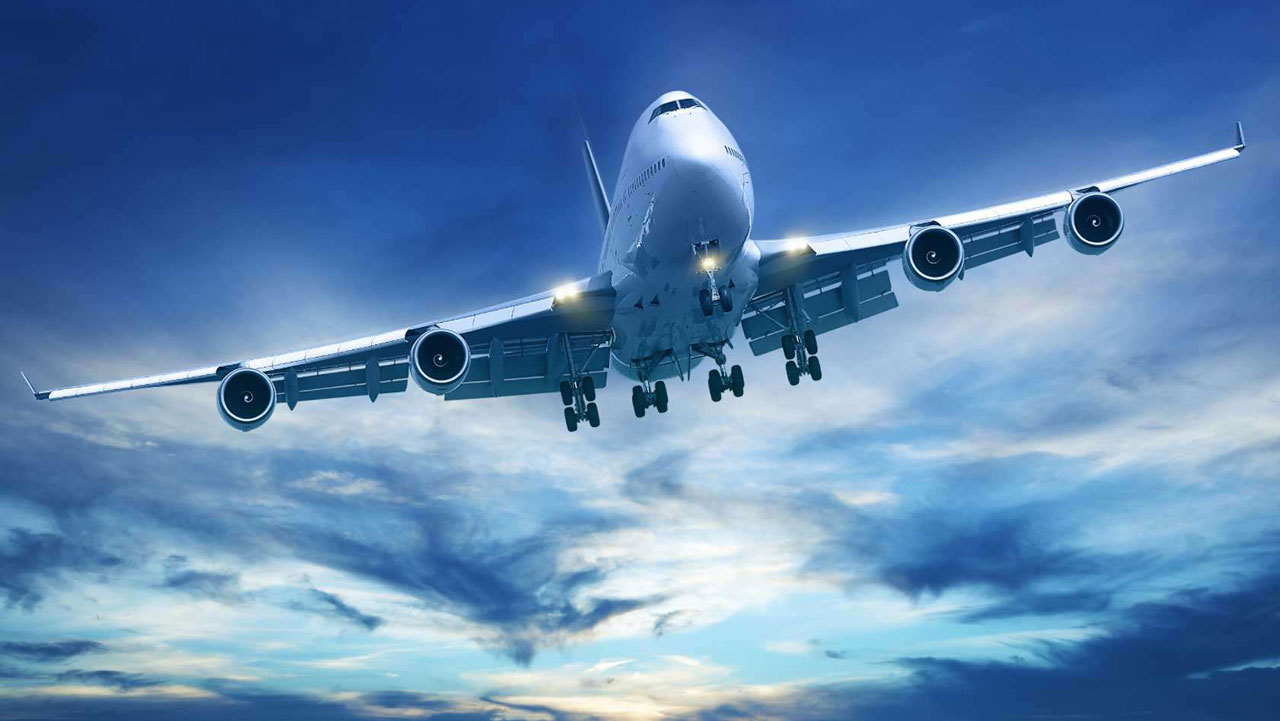In an astonishing display of international wanderlust, Nigerians have forked over a staggering $4.66 billion for foreign air travel over a mere 15 months, a revelation that underscores both a passion for exploration and the daunting financial realities that come with it. The startling figures from the Central Bank of Nigeria unveil a tale of burgeoning expenditures, repatriation struggles, and an airfare saga that has left wallets gasping for respite.
Data extracted from the revered vaults of the Central Bank divulges that this colossal sum was exchanged for foreign currency, greasing the wheels for foreign airlines to remit their substantial ticket proceeds to distant domiciles. A flock of 25 international carriers is currently winging their way into Nigeria’s airspace, each seeking their share of the monetary pie.
The quarterly cadence of this fiscal airborne symphony paints a vivid picture of financial flux: Q1 of 2022 saw $496.44 million soaring skyward, Q2 unfurled with $1.03 billion in flight, Q3 reached heights of $1.36 billion, Q4 brought forth $887.17 million, and Q1 of 2023 concluded with $890.3 million—a staggering crescendo of 79% amplification from Q1 of 2022 to its counterpart in 2023.
Yet, as this influx courses through the financial veins of Nigerian skies, a confounding tale of capital entrapment unfolds. The International Air Transport Association (IATA) reverberates with concern, revealing that January’s trapped airline funds rose to $743.7 million from December’s $662 million—a veritable quagmire of fiscal stasis. For over a year, Nigeria has worn the shameful crown of harbouring the world’s highest amount of airline-blocked funds, a dubious accolade with unwelcome economic ramifications.
Nestled amidst these dire economic currents, the “Nigeria Air” quest remains suspended in mid-air, a project locked in a tortuous tailspin. Consequently, airfare prices have spiralled to meteoric heights, propelled by foreign exchange scarcity. The Nigerian populace grapples with a maelstrom of escalating ticket prices as their national carrier remains in limbo, limited by legal difficulties and corruption shadows that refuse to disperse.
Compared to their West African neighbours, the portrait is stark. Voyagers departing from Lagos to London bear a wallet-crushing burden 49% heavier than their Accra-bound counterparts, while a staggering 162% financial chasm yawns between Lagos and Cotonou in the same direction. As passengers clutch their tickets, the reality of economic inequality leaves them gazing across the sky with furrowed brows.
Amidst this fiscal turbulence, the Nigerian Civil Aviation Authority has compiled a three-month chronicle of flight fortunes. Delays, cancellations, and missing baggage threads weave an intricate narrative, revealing international aviation trials and tribulations in Nigerian airspace. Amidst the chaos, the cacophony of complaints gradually finds a resolution through meticulous follow-up and determination.
Experts, beacons of insight in these unpredictable skies, emerge with perspectives as diverse as the landscape itself. The clarion call for Nigeria to launch not just one but three flag carriers echoes with competition, offering a potent tonic against capital flight. With these champions of Nigerian skies, an ardent effort to reclaim the lion’s share of passenger traffic becomes feasible and imperative—a battle cry against the winds of fiscal fortune that assail the nation.
As the exchange rate pendulum swings and airfares rise, questions loom large. Nigeria’s dire need for flag carriers is refracted through international reciprocity, ensuring a just and equitable balance in the aviation cosmos. Unravelling the threads of this intricate tapestry, the nexus between supply, demand, and foreign currency emerges as a fulcrum that determines the trajectory of these skyward journeys.
A symphony of voices converges in the cockpit of air travel, each noting a distinct melody in the chorus of national skies. From the vantage point of CEOs to the depth of expertise in travel and aviation, the refrain is one of urgency—a call to establish sturdy wings that will carry Nigeria’s aspirations higher, competing against foreign airlines and forging a legacy of glorious national carriers.
The script is still being written in the arena, where the azure horizon beckons. Will Nigeria’s skies see an ascent to new heights, a resurgence of flag carriers that usher in an era of competitive fervour? As the sun sets on one chapter, the dawn of the next promises a captivating narrative that holds a nation’s dreams aloft.
























































You must be logged in to post a comment Login